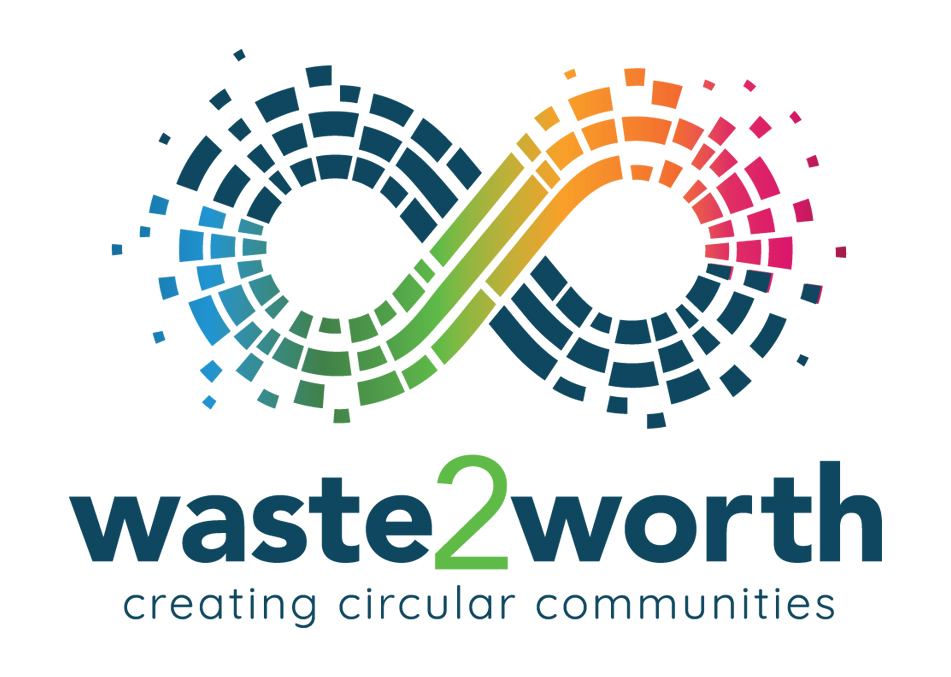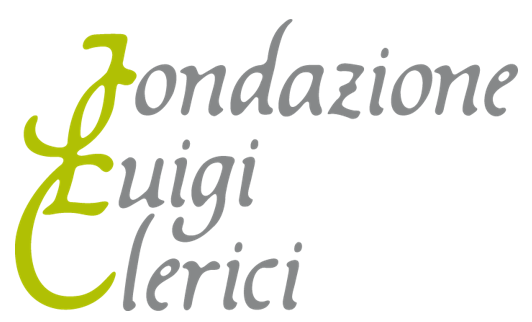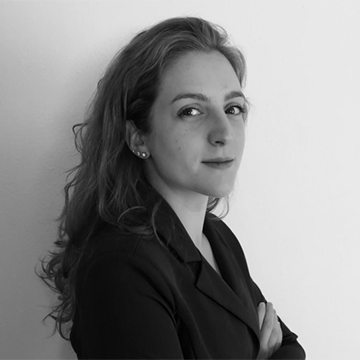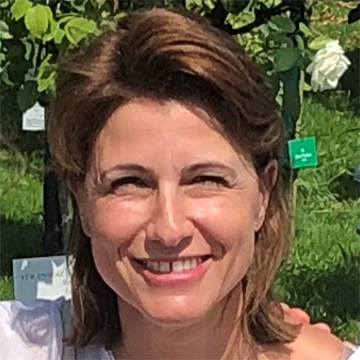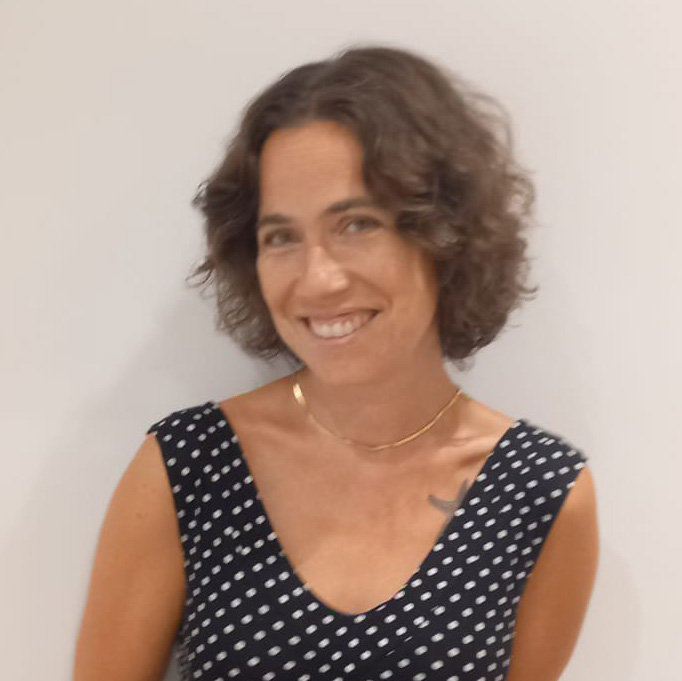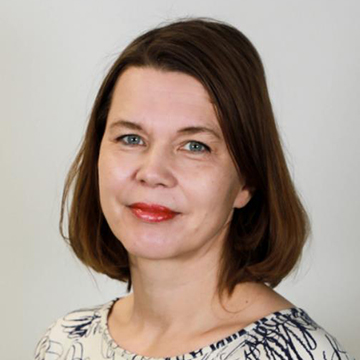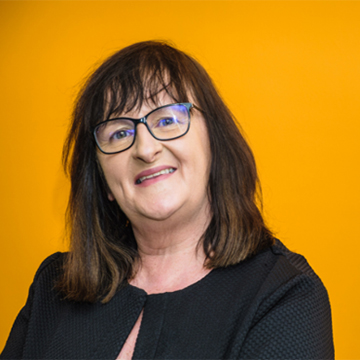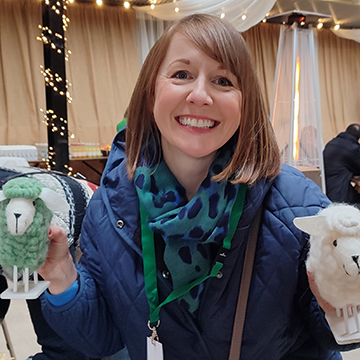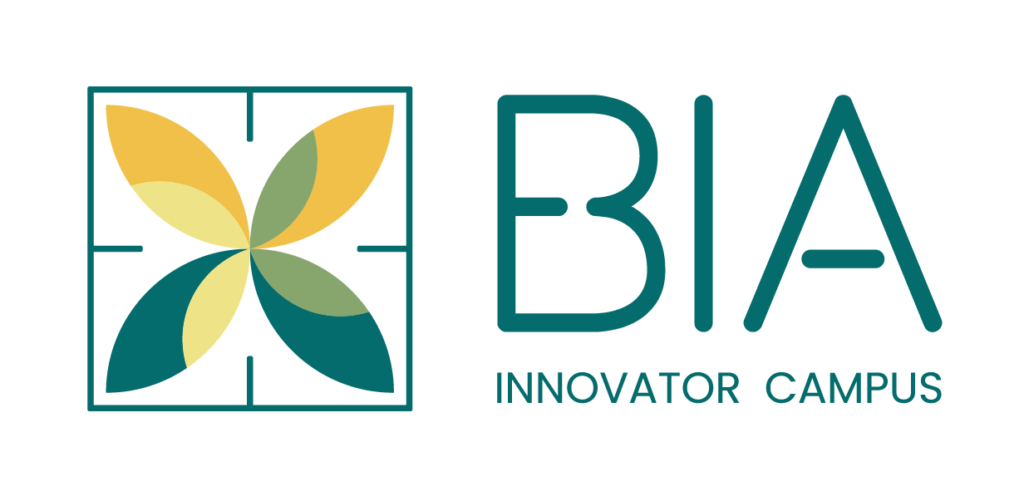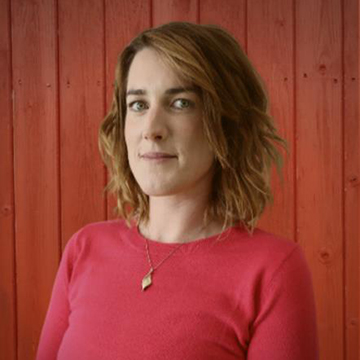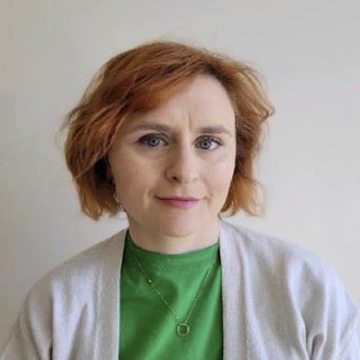In a recent interview with Fiona Kelleher, CEO of MyGug, we explored the exciting intersection between education, community action, and the circular economy. Fiona shared her insights into how MyGug’s innovative anaerobic digesters are empowering schools and communities to turn unavoidable food waste into clean energy, rich fertiliser, and a hands-on sustainability learning experience.
At the heart of MyGug’s mission is a simple transformative idea: food waste isn’t rubbish, it’s a resource. Through circular economy principles, MyGug provides micro-scale anaerobic digestion systems that manage food waste efficiently and also educate the next generation on climate action and resource recovery.
Interesting examples….
MyGug for Schools: Learning by Doing
The MyGug Mini Digester is designed with schools in mind. It’s a fully enclosed, CE-certified system that safely processes nearly all kitchen food waste—from toast crusts to yogurts—into biogas and liquid fertiliser. The system is IoT-enabled, providing real-time data via the MyGug Dashboard. This gives students the opportunity to engage in live data analysis, track energy production, and observe environmental impact firsthand.
Schools using MyGug are seeing increased student engagement around sustainability topics. The compact units are placed near canteens or Home Economics rooms, offering a daily visual cue for circular thinking. Students help monitor the system, track energy output, and even use the bio-fertiliser in school gardens. These practical experiences deepen their understanding of food systems and resource recovery.
Fiona emphasised how introducing these technologies at school level not only aligns with global sustainability goals but also gives students a tangible role in climate action. “MyGug is a bin that never fills, a gas bag that never empties, and an unlimited source of bio-fertiliser,” underscoring the closed-loop magic of circular systems.
MyGug for Schools.
Munster Technological University (MTU) – ‘Waste to Taste’ Initiative
MTU’s Department of Tourism & Hospitality has embedded MyGug into its zero-waste strategy. Their digester processes 6.7 tonnes of food waste annually, generating up to 3,300L of biogas and cutting emissions, fossil fuel use, and waste collection costs. Students and staff use the data from the MyGug dashboard for cross-disciplinary research, from biochemistry to climate science, while also using the bio-fertiliser to grow fresh produce for their training restaurant. It’s a powerful demonstration of sustainability in action. MTU MyGug case study.
A Scalable Model for Circular Communities
The MyGug model is scalable as well as being deeply replicable across communities eager to embed sustainability into daily life. As Fiona put it, “We’re solving a waste problem and nurturing a mindset shift, one that begins in the classroom and radiates outwards into the home, the community, and the world.”
One powerful example Fiona shared during our conversation was from Cape Clear, an island off the coast of County Cork. Like many island communities, managing waste there poses unique challenges, especially food waste, which can lead to water pollution, vermin issues, and costly disposal logistics. But with the help of a MyGug digester, Cape Clear has flipped the script.
The result – A zero-food-waste community that’s now generating its own clean cooking gas for local events, producing fertiliser for flourishing community gardens, and enjoying the benefits of a more self-sufficient, resilient way of living. It’s a full-circle success story, proof that with the right tools and mindset, even small communities can make a big impact. Cape Clear Case study
As part of the Waste 2 Worth project, MyGug was featured as a good practice case study offering a compelling blueprint for how circular economy principles can be introduced at the grassroots level to inspire environmental change. W2W – Good Practice Compendium
Visit www.mygug.eu to learn more or explore how you can bring MyGug into your school or community.
